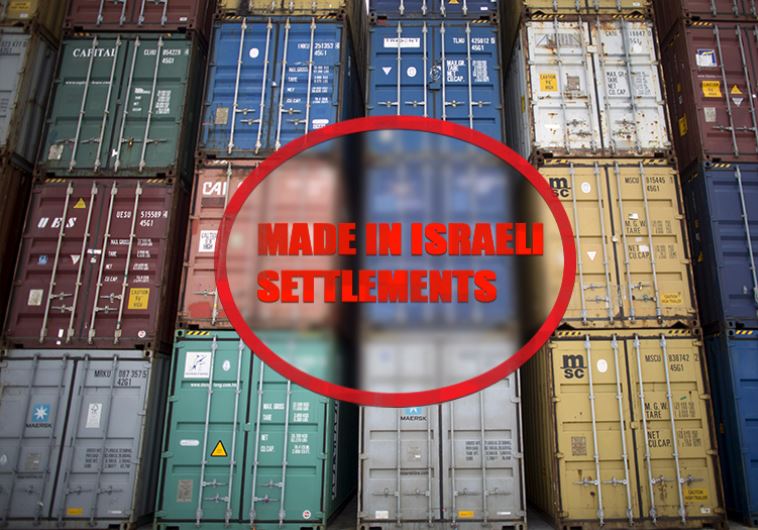Paris- France became the very first European Union member state to go into implementation of a 14 month-old union directive to label Israel products coming from settlements for consumer awareness.
France’s measure remains vague as to whether it was coincidental or intentional prompted by Israeli policies inhibiting the Palestinian – Israeli peace process and solution, bringing it to an utter impasse.
The first French supermarket has labeled Israeli products as “Made in Israeli Settlements.” This comes after the French Government instituted a policy of labeling Israeli produce grown in the West Bank, East Jerusalem, and the Golan Heights as “settlement products.”
Israel’s refusal to participate in the international conference, which will be hosted in Paris mid-January, greatly sized sown the chances of a comprehensive solution for peace, or to even recognize the international efforts brought in – on the matter.
Parisian diplomats told Asharq Al-Awsat that the labeling of Israeli products is brought about by the United Nations Security Council resolution 2334 issued on Dec.23, 2016 condemning Israeli settlement expansion.
France hopes that its decision to push forward with labeling to encourage the other 27 EU member states to follow through with their decision – 14 months ago – to attempt pressuring Israel through the humble initiative that will have no grand-scale effect over EU-Israeli economic and scientific cooperation.
The Israeli Foreign Ministry sent a harsh response to the event, saying they “condemn the French government’s decision to implement the EU Commission guidelines regarding marking Israeli products originating from beyond the 1967 lines”.
For years now demands on distinguishing Israeli goods made in West Bank settlements have been made to diminish chances of exploiting privileges of a customs agreement signed between the EU and Israel 22 years ago.
